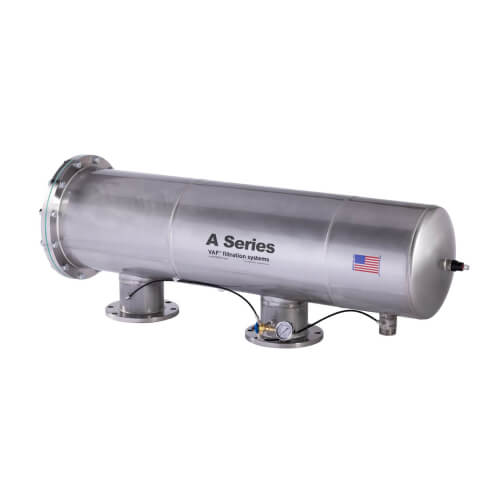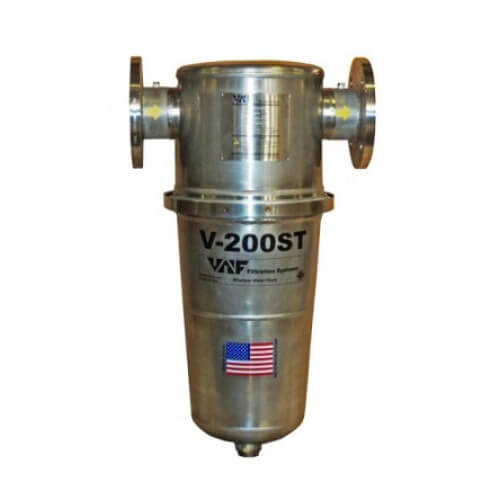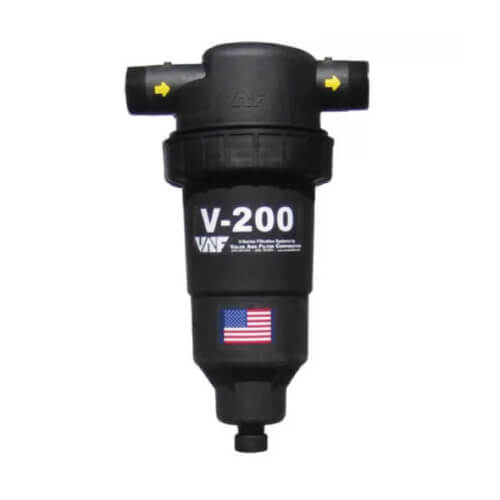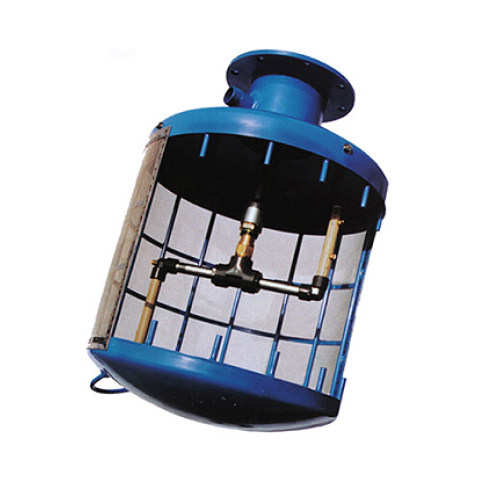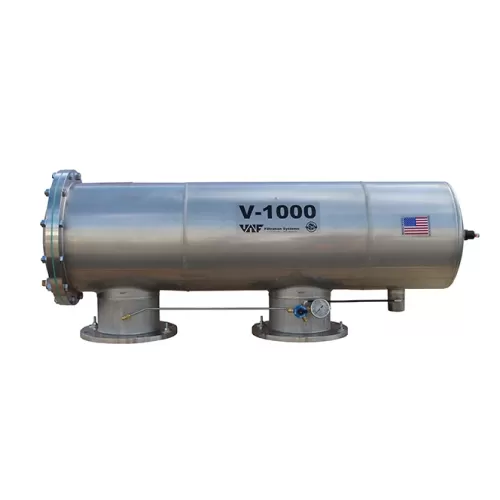Recent Posts
Best water filtration technologies, irrigation systems
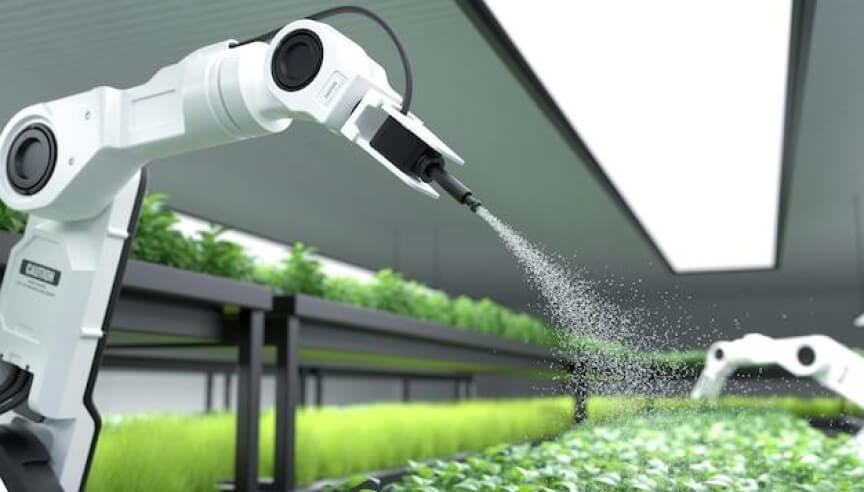
Let’s explore the top three water filtration technologies transforming irrigation systems, with a spotlight on self-cleaning automatic filters
Enhancing Irrigation Efficiency: Top 3 Water Filtration Technologies Revolutionizing Irrigation Systems
Efficient water management lies at the heart of sustainable and successful irrigation practices. As the demand for clean water in agriculture grows, the integration of advanced filtration technologies becomes crucial. Among the top water filtration technologies, self-cleaning automatic filters emerge as a game-changer, ensuring optimal water quality and uninterrupted irrigation. Let’s explore the top three water filtration technologies transforming irrigation systems, with a spotlight on self-cleaning automatic filters.
1. Self-Cleaning Automatic Filters
Self-cleaning automatic filters have redefined water filtration in irrigation systems. These innovative filters employ automated mechanisms to continuously and autonomously remove debris, sediment, and contaminants from water. By doing so, they prevent clogging and maintain consistent water flow without manual intervention, ensuring optimal irrigation efficiency.
2. Screen Filters
Screen filters are a popular choice in irrigation systems, utilizing a mesh or screen to trap larger particles and debris from the water. These filters come in various sizes and mesh densities, effectively preventing blockages in the irrigation system caused by sediment and larger impurities. However, they require periodic manual cleaning or replacement to maintain their efficiency.
3. Sand Media Filters
Sand media filters utilize layers of sand or other media to trap and remove impurities from water as it passes through. These filters are effective in removing smaller particles and sediments, providing relatively clean water for irrigation. However, they require occasional backwashing and media replacement for continued optimal performance.
Advantages of Self-Cleaning Automatic Filters
Self-cleaning automatic filters stand out among these technologies due to several key advantages:
- Continuous Operation: These filters ensure uninterrupted water flow, eliminating downtime for maintenance or cleaning.
- Efficient Filtration: Automated mechanisms remove debris without compromising water quality, maintaining consistent filtration efficiency.
- Minimal Maintenance: Unlike other filters that require manual cleaning or replacement, self-cleaning filters reduce maintenance needs.
- Optimized Irrigation: By preventing clogging, these filters maximize irrigation efficiency, ensuring uniform water distribution.
Choosing the Right Technology
While each filtration technology offers its benefits, the choice often depends on specific irrigation system requirements, water quality, and maintenance preferences. Self-cleaning automatic filters, with their unparalleled efficiency and minimal maintenance needs, are increasingly favored for their ability to streamline irrigation operations and ensure consistent water quality.
Conclusion
In the realm of irrigation, water filtration technologies play a pivotal role in optimizing water usage and maintaining crop health. While screen filters and sand media filters offer effective filtration, self-cleaning automatic filters stand as the vanguard, revolutionizing irrigation systems with their continuous operation, efficient filtration, and minimal maintenance requirements. By embracing these innovative technologies, irrigation systems can maximize efficiency, conserve water, and ensure sustainable agricultural practices for a thriving future.

